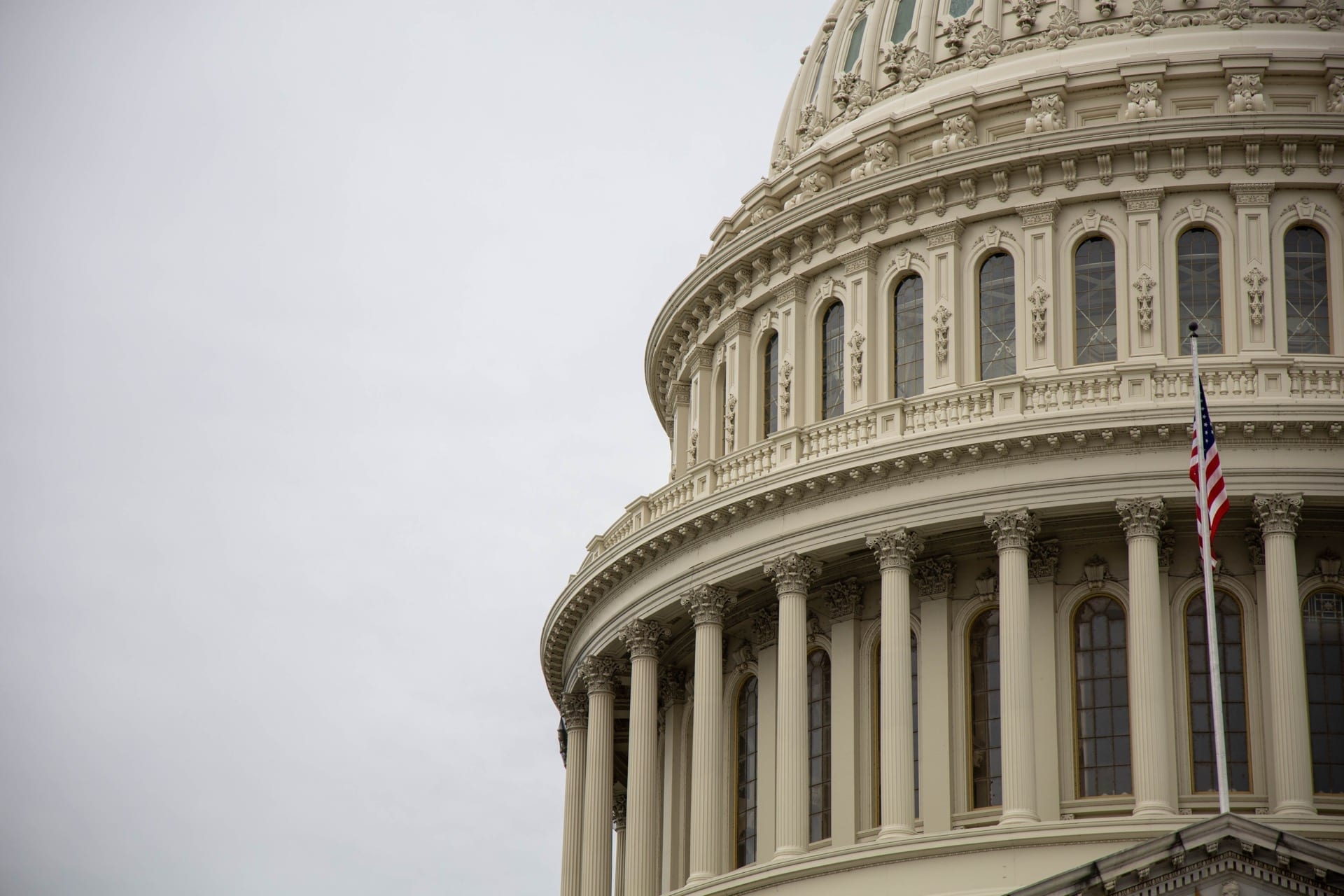By Stanley B. Greenberg, author of the new book “America Ascendant.” This article appeared in the Washington Post.
Election Day 2016 will produce a shattering crash larger than anything the pundits anticipate because the revolutionary economic and social changes occurring in the United States have now pushed both the burgeoning new majority and the conservative Republicans’ counterrevolution beyond their tipping points.
The United States is being transformed by revolutions remaking the country at an accelerating and surprising pace. Witness the revolutions in technology, the Internet, big data and energy, though just as important are the tremendous changes taking place in immigration, racial and ethnic diversity, the family, religious observance and gender roles. These are reaching their apexes in the booming metropolitan centers and among millennials.
As the revolutions interact, they are accelerating the emergence of a new America. Consider that nearly 40 percent of New York City’s residents are foreign-born, with Chinese the second-largest group behind Dominicans. The foreign-born make up nearly 40 percent of Los Angeles’s residents and 58 percent of Miami’s. A majority of U.S. households are headed by unmarried people, and, in cities, 40 percent of households include only a single person. Church attendance is in decline, and non-religious seculars now outnumber mainline Protestants. Three-quarters of working-age women are in the labor force, and two-thirds of women are the breadwinners or co-breadwinners of their households. The proportion of racial minorities is approaching 40 percent, but blowing up all projections are the 15 percent of new marriages that are interracial. People are moving from the suburbs to the cities. And in the past five years, two-thirds of millennial college graduates have settled in the 50 largest cities, transforming them.
Shifting attitudes were underscored in this year’s Gallup Poll when 60 to 70 percent of the country said gay and lesbian relations, having a baby outside of marriage, sex between an unmarried man and woman, and divorce are all “morally acceptable.”
The United States is emerging out of its revolutions as racially blended, immigrant, multinational and multilingual — and diversity is becoming more central to our multicultural identity.
Further, these revolutionary transformations have accelerated the growth of a new majority coalition of racial minorities, single women, millennials and seculars. Together, these groups formed 51 percent of the electorate in 2012, but our analysis of census survey data and exit poll projections indicates that they will comprise fully 63 percent in 2016. With these growing groups each supporting Hillary Clinton by more than 2 to 1 in today’s polls, it is fair to say that the United States has reached an electoral tipping point.
The Republican Party’s battle to defeat this new majority has reached a tipping point, too. The brand of the Republican Party today has probably not been as tarnished since the Watergate era.
Republicans have joined a ferocious and intensifying decade-long counterrevolution in an attempt to stop this new majority from governing successfully. In 2004, George W. Bush campaign strategist Karl Rove launched the battle for American values when he gave up on the so-called swing voter and worked to engage millions more evangelicals. That has required pouring ever more fuel on the fire — including warning of Armageddon if the liberal Democrats were to govern.
This battle has left the Republicans with mostly married voters, as well as the oldest, most rural and most religiously observant voters in the country. That creates formidable odds against its winning an electoral college majority.
It has also left a Republican Party where three-quarters of its base voters are tea party supporters, evangelicals or religiously observant. That in turn has catapulted to the top of the Republican presidential race candidates who promise to challenge this new America before it’s too late.
That this counterrevolution has reached its own tipping point is evident in the shrinking proportion of people who think of themselves as conservative. When Republicans challenged President Obama in the off-year elections of 2010, 46 percent of the country was conservative at the high point. That figure is now 37 percent.
For Republicans, 2016 will prove to be no normal election, because it will confirm that the new America is here and that the counterrevolution has lost. That is why I expect the result to be shattering for the Republican Party as we know it.
But it may not prove to be so shattering for the Republican Party that emerges afterward, or for the republic.
For the GOP, 2016 may look like 1984 did for the Democratic Party. It emerged divided out of a bitter primary, and the Democrats’ mainstream candidate, Walter Mondale, lost in a landslide. Afterward, the modernizers got the upper hand. They might well have elected Gary Hart in 1988 and did elect Bill Clinton in 1992.
It is easy to imagine, then, that after the coming shattering election, some Republican leaders will repudiate this campaign’s anti-immigrant and anti-Muslim appeals and actively embrace the United States as an immigrant nation. Other leaders might accept the sexual revolution and the new gender roles and work to help the modern working family. Others might embrace again the need for national investment in education and modern infrastructure.
That would allow a different kind of debate within the Republican Party and, perhaps, a different kind of politics in the country.


